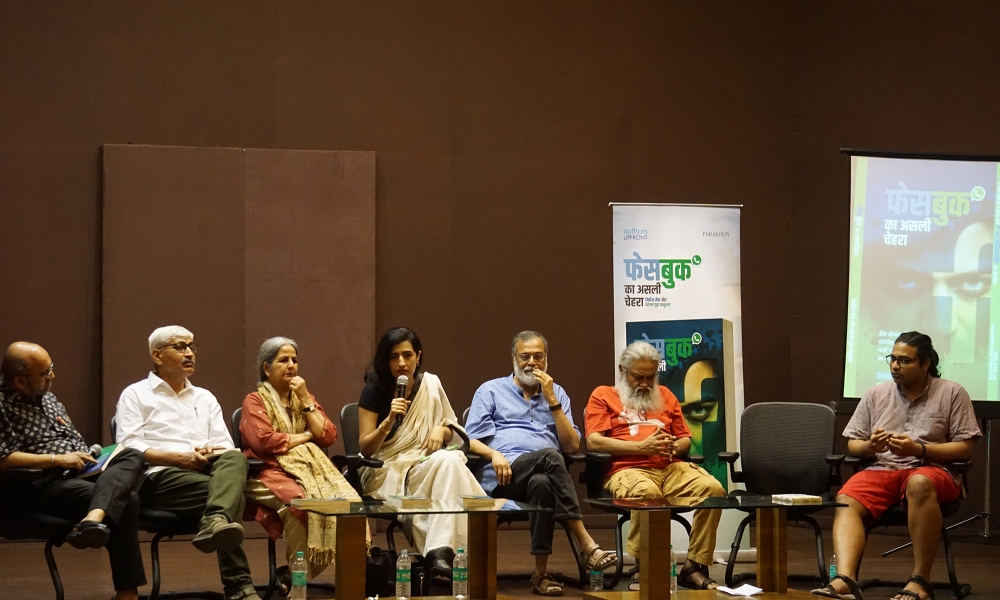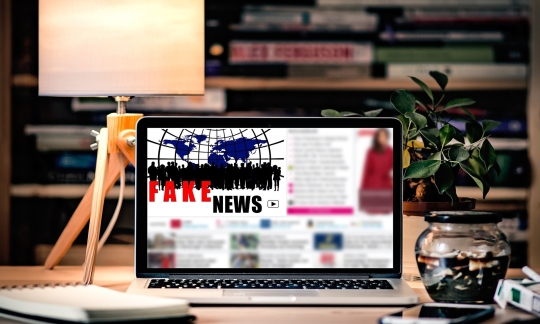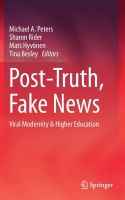THE FACEBOOK INVESTIGATIONS
Is Indian Politics Being Converted into a Game on Social Media Platforms like Facebook?
The Conversations
Articles, News, Controversies
- Ad transparency tools will help users have a check over political ads in India
- Social media prone to more misuse and spread of misinformation at times of elections
- Facebook, Twitter and WhatsApp remove 500 posts in the last 48 hours
- Facebook adds a new feature to tackle "low-quality" content
- Fake news rampant with 1 in 2 Indians receiving it via WhatsApp, Facebook
- Facebook rep lands up at FB user's doorsteps
- FB takes AI help to shut down accounts spreading misinformation
- Facebook bans white extremist content in the US
- Users won't be added to WhatsApp groups without their consent
- WhatsApp launched Tip line ahead of general elections
- Facebook, Google pressured EU expert group to soften fake news regulations
- Facebook patent plans to scan users' photos for ads
- Facebook bans white nationalist and separatist content
- Almost 9% of Facebook accounts are fake, says company
- Facebook stored millions of passwords unprotected
- Facebook caught lobbying against data privacy laws
- Apps share sensitive user data with FB
- News algorithm draws ire from advertisers
- Facebook users cannot avoid location-based ads
- Facebook exempts tech giants from privacy wall
Videos, Watchdogs, Tools
- Fact Checker (Washington Post)
From columnist Glenn Kessler, focusing on accuracy of statements of political figures "regarding issues of great importance, be they national, international or local" is of utmost importance. In a busy, 24-hour news cycle, it's hard to spot the truth behind the rhetoric. We're doing it for you.
- Checkpoint
Checkpoint is a research project at PROTO, which uses a tip line on WhatsApp (+91- 9643-000-888) to collect information that is otherwise inaccessible given the nature of private messaging. The goal of this project is to study the misinformation phenomenon at scale on WhatsApp during the Indian elections.
- FactsCan.ca
It is an "independent and nonpartisan fact-checker on Canadian federal politics." The team does through fact-checking of claims made by federal politicians and other public figures. Fact checks separate the facts from spin, distortion, omission, error, and lies. The organisation is run entirely by volunteers and funded by donations.
- Fake news detector by Karan Singhal
Using this extension for Chrome you can identify fake news web sites based on whether they are similar to known false news sites using the power of AI. The extension analyses these websites using a neural network similar to the one powering other AI applications, like Siri and self-driving cars.
- Alexa
Alexa allows you to plug in a website and learn which other sites are referring users to it, and what Google keywords will lead you it. Can help spot a group of news websites that are related in certain ways. Its suite of intuitive analytics products transforms data into meaningful insights.
- Whois Lookup
This tool allows you to investigate the domain behind a website. Learn how DomainTools takes indicators from your network, including domains and IPs, and connects them with nearly every active domain on the internet. These connections help security professionals profile attackers, guide online fraud investigations, and map cyber activity to attacker infrastructure.





















